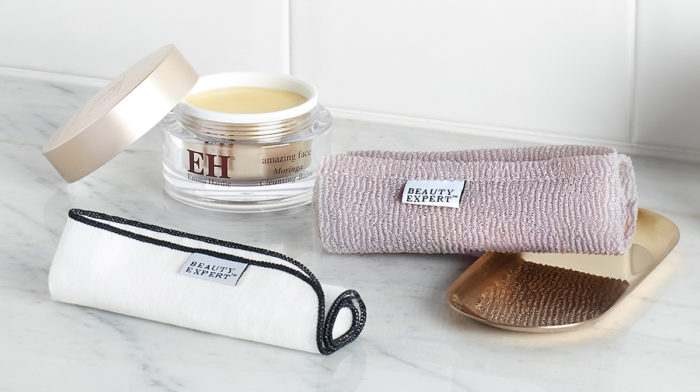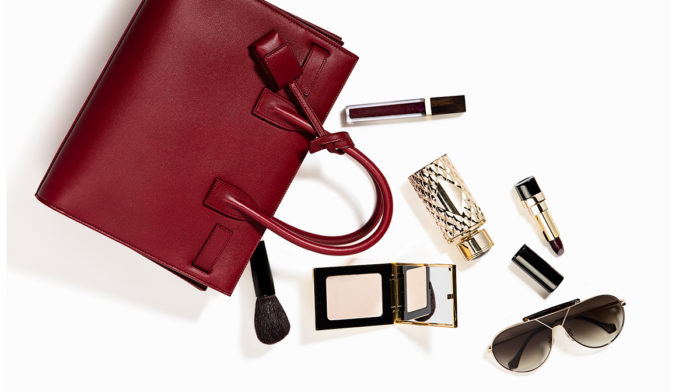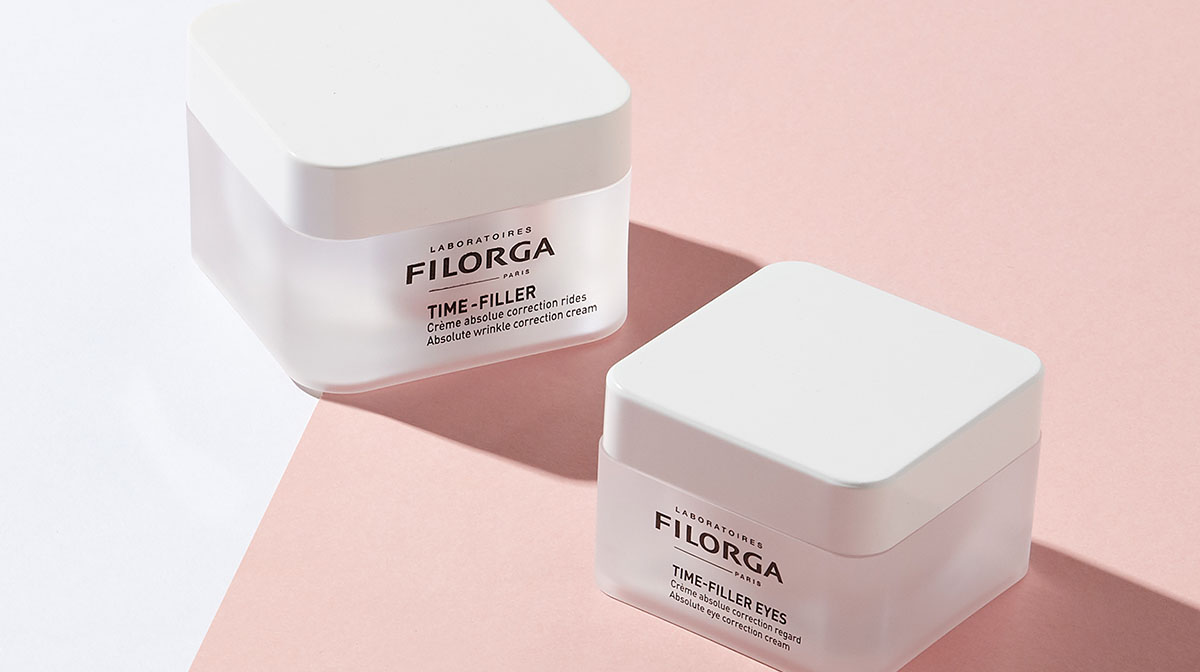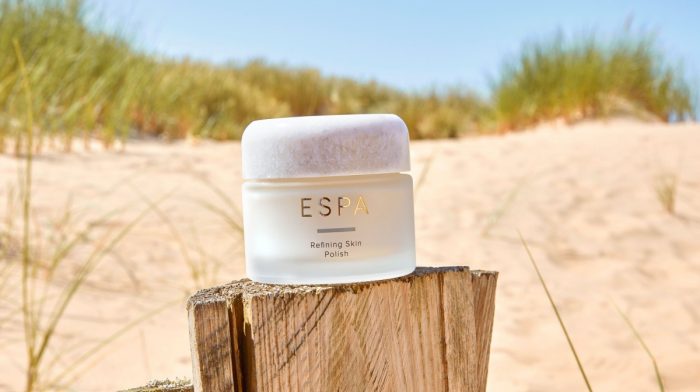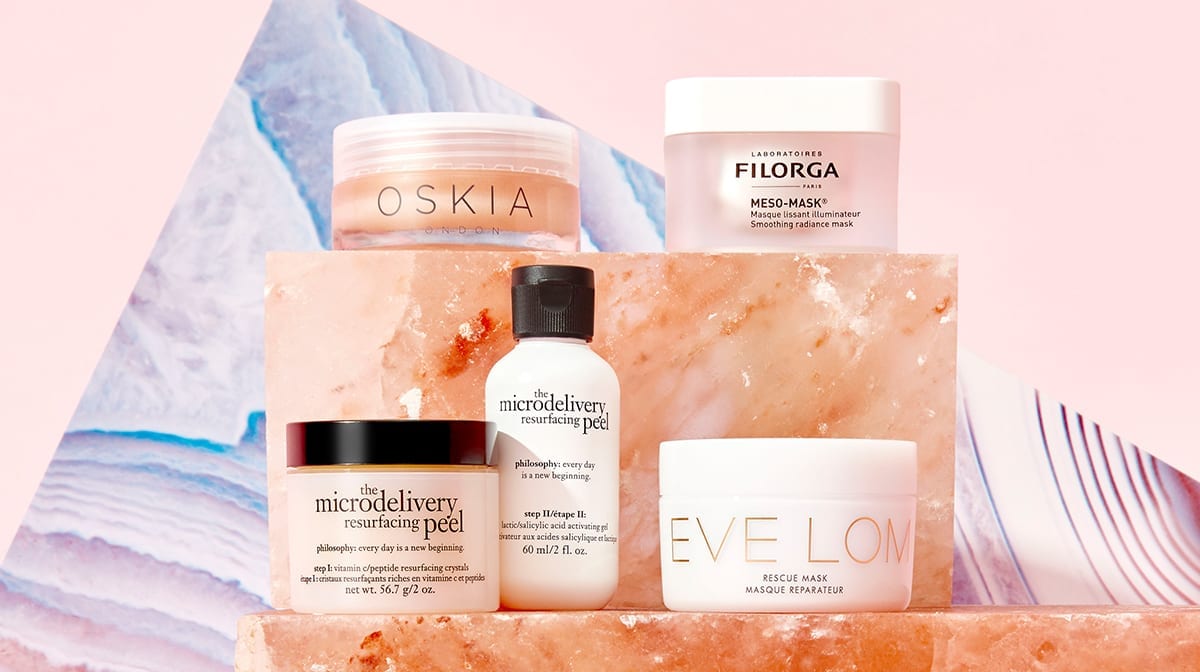Dehydrated skin is a skin concern that most people will suffer with during some stage in their life. It’s one of the most common concerns that I see with clients, but there seems to be a lot of misunderstanding around what dehydrated skin is, how it’s different to dry skin and how it’s best treated. Let’s take a look at the most common questions to make sure you’re looking after your skin in the best possible way…
- Question: What is dehydrated skin?
-
Answer:
Dehydrated skin is a skin concern that most people will suffer from during some stage in their life. It’s when your skin structure is compromised which then allows your skin to lose water easily. As these water droplets are lost, it makes you skin appear drier and feel tighter in texture. Dehydrated skin can also lead to increased sensitivity, flaky and irritated skin. Dehydrated skin can also develop as a result of other factors such as a change in weather, stress, a change in diet, or a change in your sleep pattern.
- Question: Is my skin dry or dehydrated?
-
Answer:
Dehydration is identified by fine lines, usually around the eyes and forehead can be prone to producing oil to compensate for the lack of water in the skin. It can make make-up appear blotchy as it absorbs the moisture from the products that you use and dark circles are often present around the eyes.
Dry skin is usually rough to the touch, flaky, patchy in colour and will not produce much oil so pores will be smaller and less pronounced. The underlying difference between both of these conditions is that one is caused by moisture loss and the other does not produce enough natural oil.
- Question: How does it differ from dry skin type?
-
Answer:
Although dehydrated skin has similar characteristics to dry skin types, both are very different. The main difference lies in the level of oil production within your skin. Dry skin types produce very few natural oils, which then results in the skin becoming dry. Oil production in dehydrated skin however is not the issue, it is in fact water loss. Because of this, dehydrated skin can affect all skin types.
If you suffer with dry skin, chances are you’ve been born with. Dehydrated skin is something you can develop as a result of external pressures and tends to last for a shorter period of time.
- Question: Can my skincare products cause me to have dehydrated skin?
-
Answer:
Dehydrated skin is usually as a result of other pressures, although incorrect skincare can also play a big part. Some people who have combination and other oilier skin types often overuse oil controlling and drying products, which can then damage the skin’s barrier and strip it of its essential oils.
The use of too many products and allergies to certain ingredients can also lead to dehydrated skin. That was it’s always best to introduce one product at a time and allow a gap of at least one week between new products.
- Question: What are the best ingredients for dehydrated skin?
-
Answer:
The best things to use on dehydrated skin are water-based serums. Serums that are going to deliver a surge of moisture to the skin and protect against further evaporation from the skins surface. Products that are encapsulated and provide a time release of ingredients are also ideal, as they will over time feed the skin when you need it the most. One of the most popular ingredients is hyaluronic acid. This is an acid naturally produced by the body but can diminish due to many different factors such as age and medication. When applied to the skin it draws moisture from the atmosphere delivering hydration to the skin and is by far the most popular ingredient in skincare for dehydrated skin.
- Question: Can my lifestyle choices cause me to have dehydrated skin?
-
Answer:
Yes is the answer to this one! The skin’s barrier becomes more vulnerable during extreme condition such as colder weather, heating and air conditioning. All of these conditions increase water loss which can leave your skin feeling tighter, red and flaky.
Your daily activities can also have an influence on your skin. Those who spend a lot of time in gym, swimming, and even running can make their skin dehydrated.
- Question: How to treat dehydrated skin?
-
Answer:
Figure our the cause – The first step should always be trying to figure out the cause of dehydration and work on changing that first. Once you’ve done this, it’s time to look at your skincare regime.
Use the correct cleanser – It’s best to start with a gentle cleanser that will remove makeup and dirt but without irritating your skin. If you are prone to dry skin, avoid foaming cleansers and opt instead for balms and milky based cleansers.
Avoid harsh scrubs & exfoliants – It’s also best to avoid harsh scrubs and exfoliants, or at least cut down their use to once a week if needed.
Look out for hydrating products – Ideally, you should be looking out for products that are labelled as ‘hydrating’ or those which are labelled as hydrating.
Use a serum – Serums are a great way to get to the deeper layers of your skin’s surface as the molecules are much smaller penetrate and can penetrate the deeper layers of the skin.
Always use a day & night cream – It’s also really important to not skip on the moisturiser. In the day, your skin is subject to UV rays, pollution and environmental stresses so by using a day cream, you can be assured that your skin is protected and supported. Night-time is when your skin goes into repair mode which is why night creams specifically focus on moisture and recovery.
Drink plenty of water – Lastly, drinking plenty of water will also help to keep your skin hydrated from within while the creams will tackle the concern from outside.
Use a Hyaluronic acid to hold moisture in the skin
Switch off the air conditioning – If there’s a window that can be opened instead of turning up the air conditioning, give it a go! The air’s natural humidity is much better than artificial air circulation.

